Patricia Roberts Harris was born on May 31, 1924, in Mattoon, Illinois. Harris achieved several firsts in her life. She was the first black woman to serve as an American ambassador, serve in the US Cabinet, be dean of a law school, and sit on the board of directors of a Fortune 500 company.
Harris grew up in Mattoon and Chicago before earning scholarships to five different colleges. She attended Howard University, where she was vice chairman of the school’s chapter of the NAACP. In 1943, she took part in one of the first lunch counter sit-ins in the country. After graduating summa cum laude in 1945, she attended the University of Chicago and American University. Harris later graduated first in her class at George Washington University law school in 1960.
While still a student, Harris had worked as a program director for the Young Women’s Christian Association and assistant director of the American Council on Human Rights. She got her first government job in 1960, working as an attorney in the appeals and research section in the Department of Justice. While there, she met and befriended Robert F. Kennedy.
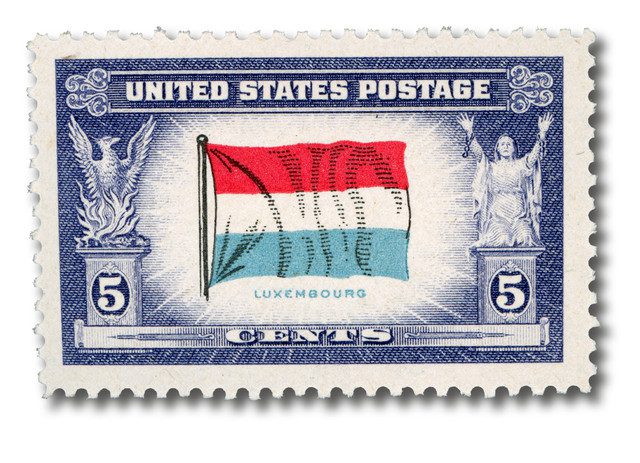
Harris returned to Howard University in 1961 as a lecturer and associate dean, becoming a full professor in 1963. That same year President John F. Kennedy made her co-chair of the National Women’s Committee for Civil Rights. Two years later, in 1965, President Lyndon B. Johnson made her the first female African-American ambassador to Luxembourg. Of the appointment, Harris said, “I feel deeply proud and grateful this president chose me to knock down this barrier, but also a little sad about being the ‘first Negro woman’ because it implies we were not considered before.’”
In 1969, after completing her role as ambassador, Howard University made her the first woman to head a US law school. However, she only held the post for a month, resigning after the school’s president opposed her support of student protests. In 1970, Harris became a partner at a Washington, DC, law firm. Soon after, companies including International Business Machines and Chase Manhattan Bank chose her to sit on their board of directors, making her the first black woman to do so.
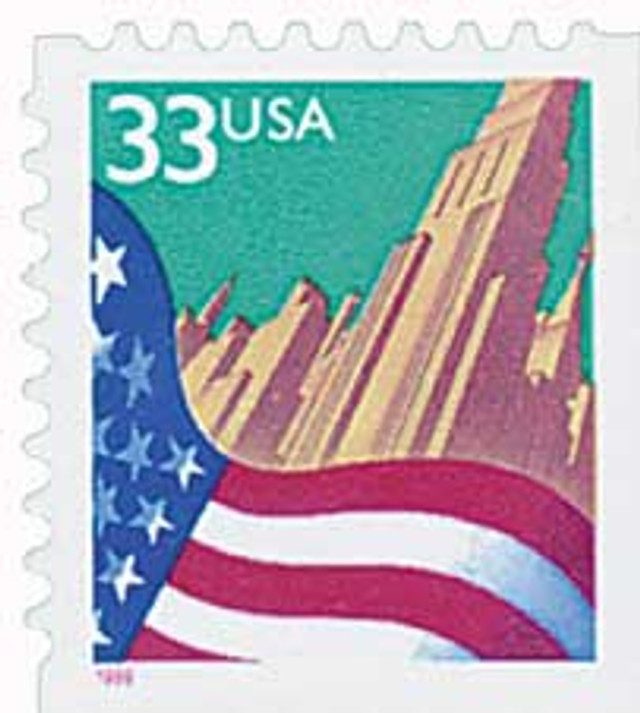
Harris became the first black woman in the cabinet in 1977, and one of the few Americans to hold three cabinet positions. She served as secretary of: Housing and Urban Development (1977-79); Health, Education, and Welfare (1979-80), and Health and Human Services (1980-81).
Harris’s numerous other achievements include being the first black woman to lead a national political party committee, and the first black woman to serve as the US representative to the United Nations. From 1981 until 1985, Harris was a full-time professor at the George Washington University Law School, and she ran for mayor of Washington, DC, in 1982. Harris died of breast cancer on March 23, 1985. After her death, the Patricia Roberts Harris Public Affairs Fellowship was created for students at Howard University.
| FREE printable This Day in History album pages Download a PDF of today’s article. Get a binder or other supplies to create your This Day in History album. |
Discover what else happened on This Day in History.

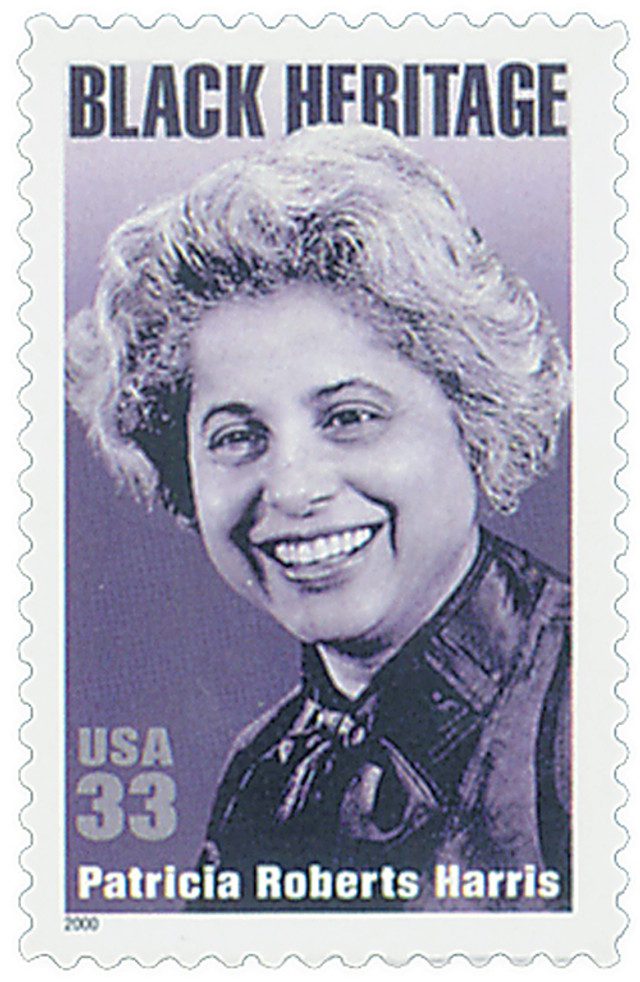
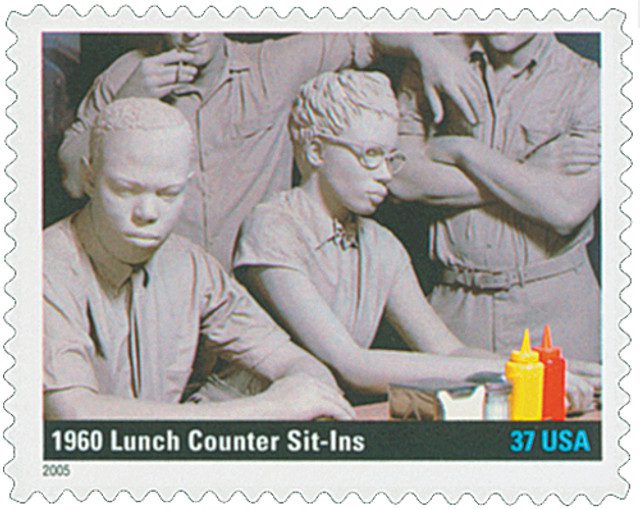
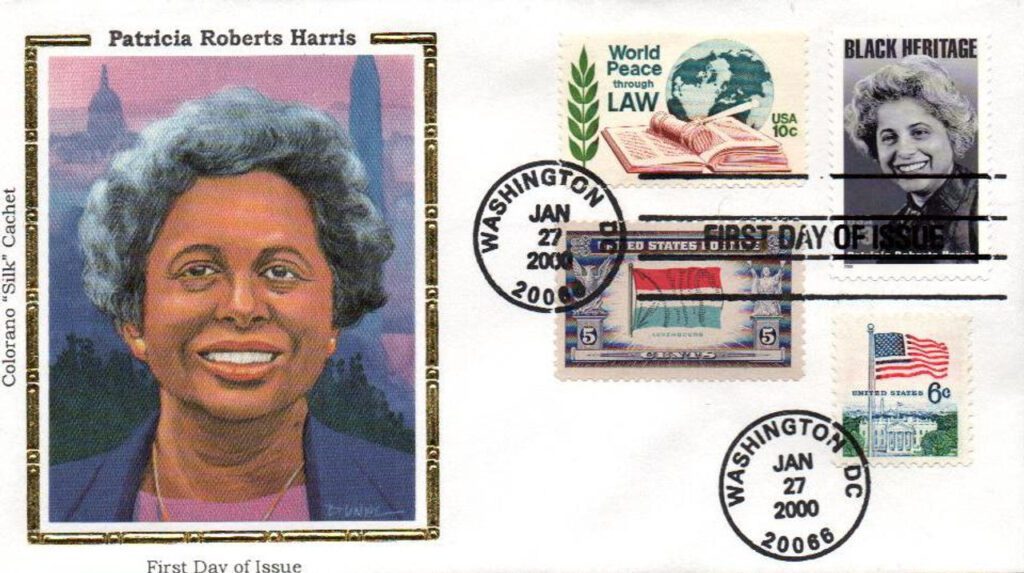
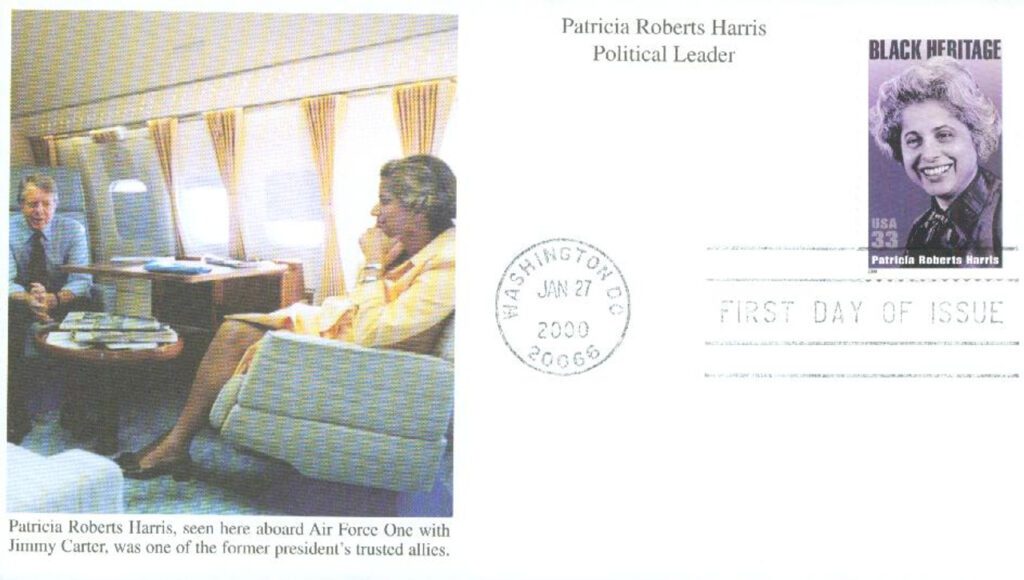
Thank you Mystic Stamp for reminding us that in America there are many examples of rewards for hard work & examples of commitment by those who love our country.
On Memorial Day, I’m appalled that Mystic couldn’t come up with a more suitable stamp to reflect the day and the tone of the Nation on this hallowed day.
Respectfully,
John P. Maynard LCDR, USN Ret.
Featuring a stamp that honors an outstanding American who achieved so much and so many “firsts” during her career is entirely suitable. Thank you Mystic.
I’m sorry but I’m in an opinionated mood today. She was indeed a very accomplished woman! And she deserves a stamp. But I’m sorry to see she befriended RK , she obviously didn’t know him or she would have had second thoughts. Still she was breaking glass ceilings and setting examples for future African American women to follow.
How well did you know “RK”?
RFK was a great American. His campaign was the first I ever worked for in 1968 and the hope he brought to our nation was magical. Something ended in our country when both he and MLK were assassinated two months apart. I am sure Ms. Harris saw that Kennedy was not just a great leader but a sincere man.